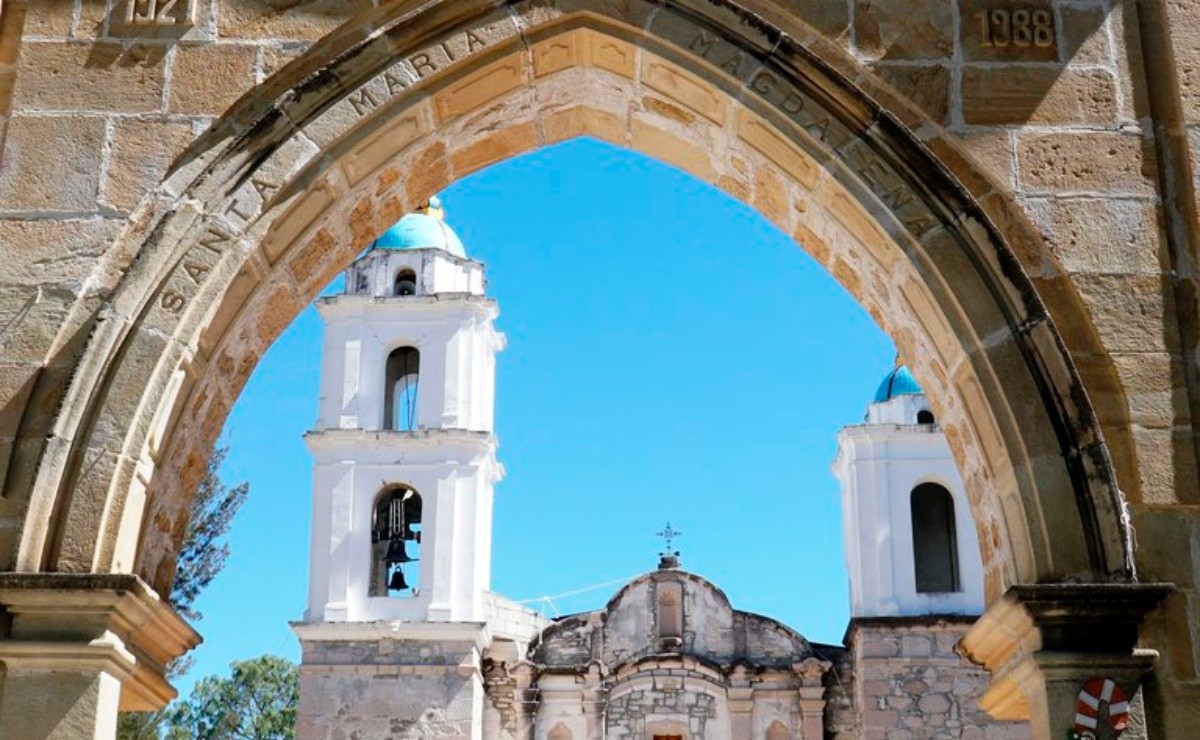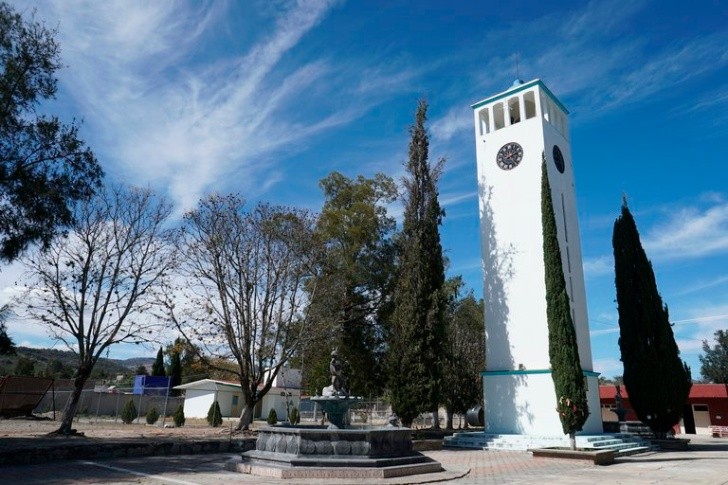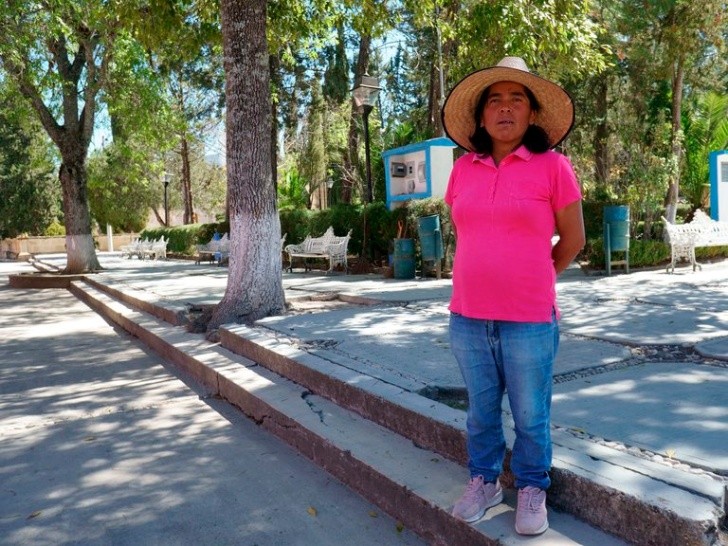
As Mexico is one of the countries with the most covid-19 in the world, it is the municipality of Santa Magdalena Jicotlán, in the state of Oaxaca, which is free of coronavirus more than a year after its start.
With just 81 inhabitants occupying 30 houses, Santa Magdalena Jicotlán, in the state of Oaxaca , is the least populated municipality in Mexico, although its greatest feat is not having the coronavirus among its neighbors almost a year after the start of the pandemic in the country.
Located in the southern region of Mixteca, 140 kilometers from Oaxaca, capital of the homonymous state, this small town that is free of covid-19 has lost twelve inhabitants in the last decade. According to the 2020 census recently released by the National Institute of Statistics and Geography (Inegi), the municipality has 81 inhabitants, a figure lower than the 93 in the 2010 census.
"We are very few, but we have been used to this from a long time ago. Almost all the youth finish their primary school and go to study in different parts of the Republic, because we are already used to being few here," the mayor of Santa Magdalena told Efe. Jicotlan, Carlos Lopez Avila.
Despite the lack of people, the streets and the ornate main square of the town, with a monumental clock and two fountains with figures of sirens, do not lose their bright colors that contrast with the aridity of the Mixteca. Even the Town Hall is still decorated with Christmas motifs.

Don Carlos resorts to his memory to explain how he has noticed the decrease in the population of the municipality.
"At school there were about 80 when I realized it and they started to go down to 50, 30 and then 20. Right now there are about six who are at school."
NO TRACE OF THE CORONAVIRUS
The mayor is wearing a mask because he has just returned from a visit to a nearby more populous municipality, but Jicotlán has not registered any positive cases of the SARS-CoV-2 coronavirus so far.
"Yes, we are concerned, don’t think so. Above all because of the population, we are so few that we care about this epidemic that is happening. We all take care of ourselves," says Don Carlos about a disease that in Mexico accumulates 1.91 million infections and more than 164,000 deaths since the start of the pandemic on February 27 last year.
Socorro Hernández Jiménez, municipal representative of Jicotlán, leaves her house with her 3-year-old son, one of the few in the town, and walks to the center without crossing paths with anyone.

With a surface area of 27 square kilometers and a population density of three inhabitants per square kilometer, social distancing in the municipality was already the norm long before the pandemic.
"Well, here in the town there are no (there are infections), let it be known. Since we are so few, everything is known. There have been no cases of covid," says Socorro.
But, despite the lack of contagion, he doubts that there are many former residents who choose to return to town. "If they come, it’s older people who are already retired or all those who don’t have a job because they don’t have anything to do there anymore. But people who have jobs don’t come," he says.
THE CALM EVERYDAY LIFE
Being few also has its disadvantages. For two decades they have lived with the anxiety that this municipality will be downgraded and absorbed by another nearby municipality, which would mean losing the rank that allows them to manage the public money that comes from the federal government and that of Oaxaca.
Why do the people of Jicotlan leave? Perhaps Bernardo Peña explains why.
Fifteen years ago he decided to return to the municipality after living in Puebla and Mexico City. He found a job, but only earns 120 ($5.88) to 150 pesos ($7.35) on which to subsist.
"Here what they earn is very little. Here they give us 120, 150 depending on the job and it’s barely enough and that’s what we’re looking for," he says.
One of the six children of the municipality is Luis, son of don Bernardo, who looks out the door of the house, which was once green.
He has just interrupted a subtraction that he had as homework in the booklet that the only teacher in town sent him.
Since March of last year, there have been no face-to-face classes in Mexico due to the pandemic, and Luis misses the company of his five other classmates. "I feel bored and I already want to go to school," he confesses.
In Santa Magdalena Jicotlán, the conventual silence is only interrupted by the music that is heard every quarter of an hour from the loudspeaker of its monumental clock. Afterwards, the sound of the birds and the foliage of the trees moved by the wind predominate again.
The streets surrounding the Town Hall remain silent. There are recently painted houses and others retain the colors of the partition, bricks and adobes, some visibly alone or abandoned, with doors that someone forgot to close when they left a long time ago.